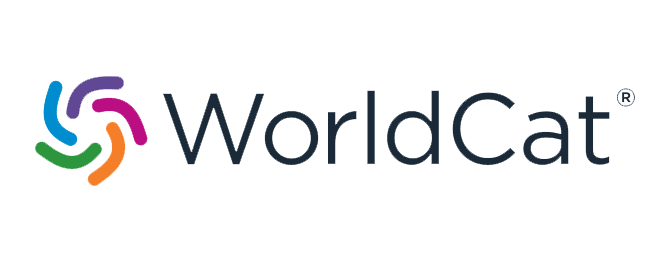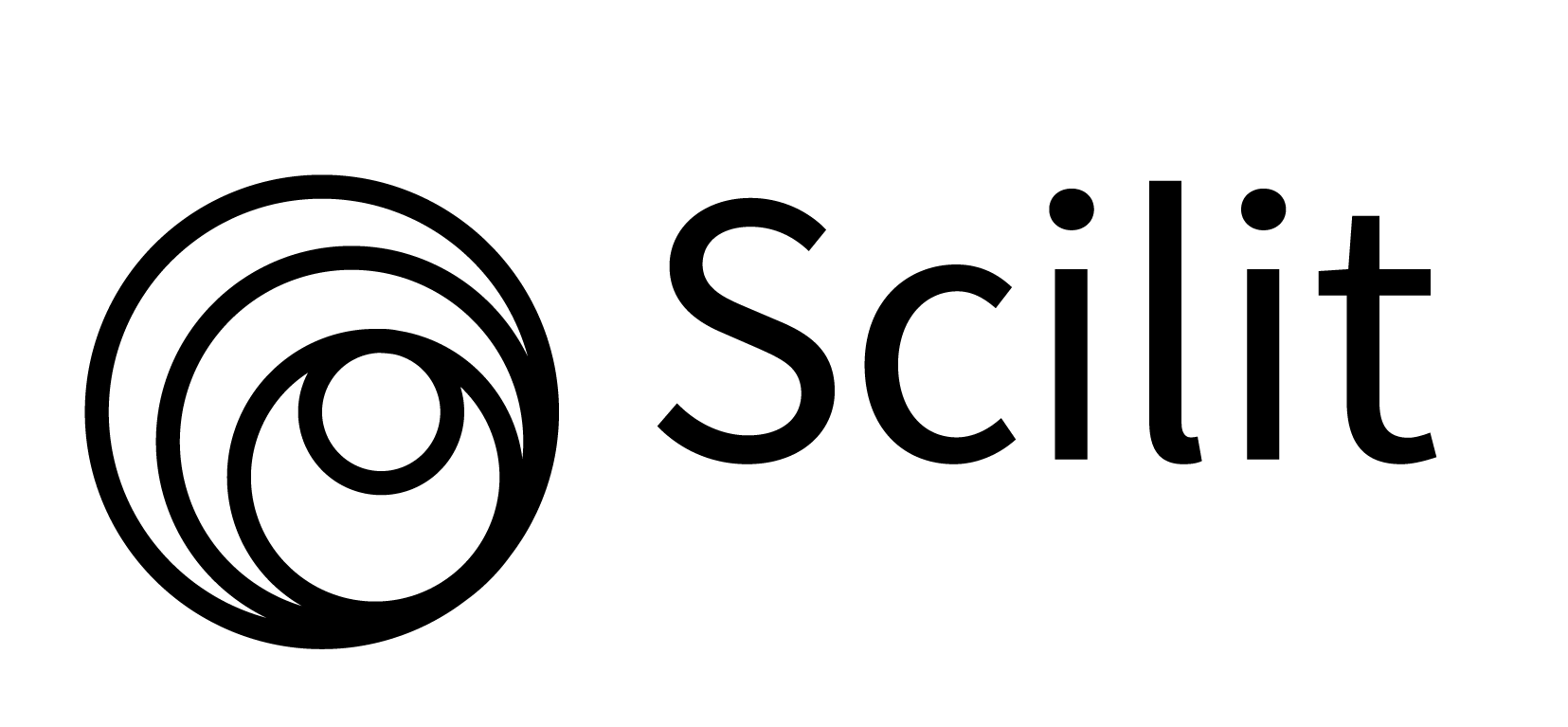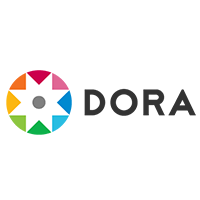Ulrich's Periodicals Directory (Since 8 September 2015)
Ulrich's Periodicals Directory - subscription catalog of American publishing Bowker, is the largest database that describes the global flow of periodicals in all subject areas.Link

Ulrich's Periodicals Directory - subscription catalog of American publishing Bowker, is the largest database that describes the global flow of periodicals in all subject areas.Link

WorldCat - the world's largest bibliographic database, with over 240 million records of all kinds of products for 470 languages. Base is created by joint efforts of more than 72 thousand libraries in 170 countries across the organization Online Computer Library Center.Link

The name Scilit uses components of the words “scientific” and “literature”. This database of scholarly works is developed and maintained by the open access publisher MDPI.
Scilit is a comprehensive, free database for scientists using a new method to collate data and indexing scientific material. Our crawlers extract the latest data from CrossRef and PubMed on a daily basis. This means that newly published articles are added to Scilit immediately.Link

Bielefeld Academic Search Engine (BASE) - search engine (Germany), which is one of the most powerful suppliers of actual data on the scientific publications of European scientists.Link

The Directory of Open Access Journals (DOAJ) is a website that lists open access journals and is maintained by Infrastructure Services for Open Access (IS4OA). The project defines open access journals as scientific and scholarly journals that meet high quality standards by exercising peer review or editorial quality control and "use a funding model that does not charge readers or their institutions for access." The Budapest Open Access Initiative's definition of open access is used to define required rights given to users, for the journal to be included in the DOAJ, as the rights to "read, download, copy, distribute, print, search, or link to the full texts of these articles". The aim of DOAJ is to "increase the visibility and ease of use of open access scientific and scholarly journals thereby promoting their increased usage and impact."Link

EBSCOhost databases and discovery technologies are the most-used, premium online information resources for tens of thousands of institutions worldwide, representing millions of end-users.Link

We are pleased to release new badges for individuals and organizations that have signed the declaration. The badges show support for DORA, raise awareness about research assessment, and serve as a conversation starter with individuals or organizations that have not heard about DORA yet.Link

SHERPA/RoMEO is a service run by SHERPA to show the copyright and open access self-archiving policies of academic journals.
The database uses a colour‐coding scheme to classify publishers according to their self‐archiving policy.This shows authors whether the journal allows preprint or postprintarchiving in their copyright transfer agreements. It currently hold records for over 22,000 journals. 12.08.2015Link

The journal is the participant joint with UNESCO and ISSN of the International ROAD project (Directory of Open Access scholarly Resources)Link

The research landscape has evolved dramatically over the past 10 years with new technologies, more data and increasingly diverse research ecosystems. However, through these changes, the channels for discovery and ways impact is measured and assessed have remained static. Digital Science had a vision for a modern research system where data is democratized and the lens through which we measure research outputs broadened.
Unlike existing tools, Dimensions brings together various research-related data sources (over 128 million pieces thus far) in a venue that is consistent and accessible to the community. In addition to deep-indexing, the Dimensions team invests in enhancing existing data for increased searchability and identifying links between related pieces (nearly 4 billion connections so far). Going far beyond traditional databases, Dimensions provides the community with a data discovery engine with both context and perspective.Link